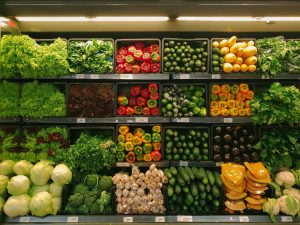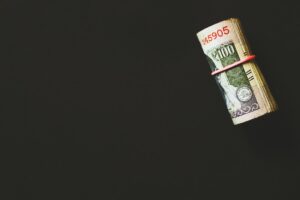The Future of Forex Trading: Robots Taking Over?
The forex market, also known as the foreign exchange market, is the largest financial market in the world. With trillions of dollars being traded daily, it is no wonder that technology has played a significant role in shaping the industry. One of the most recent advancements in forex trading is the use of automated trading systems, also known as forex robots. These robots are designed to execute trades on behalf of traders, using pre-programmed algorithms to analyze market data and make trading decisions.
The rise of forex robots has sparked a debate among traders and industry experts about the future of forex trading. Will robots eventually take over and replace human traders? While some believe that robots will revolutionize the industry, others argue that human intuition and decision-making skills will always be necessary in forex trading. To understand the potential impact of robots on the future of forex trading, it is important to examine the advantages and limitations of automated trading systems.
One of the main advantages of forex robots is their ability to analyze vast amounts of data in a short period of time. These robots can process market information at a speed and accuracy that is beyond human capabilities. This allows them to identify trading opportunities and execute trades in real-time, without any emotional bias. Forex robots can also trade 24/7, unlike human traders who have limited trading hours. This means that trading opportunities can be identified and executed even when the trader is asleep or away from the computer.
Another advantage of forex robots is their ability to remove human emotions from trading decisions. Emotions such as fear and greed can often cloud judgment and lead to poor trading decisions. Robots, on the other hand, are not influenced by emotions and strictly follow their programmed rules. This can lead to more disciplined and consistent trading, which can ultimately result in better profitability.
However, forex robots also have their limitations. While they can analyze data and execute trades efficiently, they lack the ability to adapt to changing market conditions. Markets are influenced by a wide range of factors, including economic news, geopolitical events, and market sentiment. These factors can cause sudden and unexpected shifts in market dynamics, which may not be accurately captured by the robots’ algorithms. Human traders, on the other hand, can rely on their intuition and experience to navigate through volatile market conditions.
Furthermore, forex robots are only as good as their algorithms. If the underlying algorithm is flawed or poorly designed, the robot’s performance may suffer. Market conditions can change over time, and a robot that performed well in the past may not necessarily be profitable in the future. This highlights the importance of continuous monitoring and optimization of forex robots to ensure their effectiveness.
In conclusion, while forex robots have undoubtedly revolutionized the forex trading industry, it is unlikely that they will completely replace human traders in the near future. While robots can analyze data and execute trades with speed and accuracy, they lack the ability to adapt to changing market conditions and rely solely on pre-programmed algorithms. Human traders, on the other hand, can leverage their intuition, experience, and adaptability to navigate through the complexities of the forex market.
The future of forex trading will likely involve a combination of human traders and robots working together. Human traders can provide the necessary judgment, discretion, and adaptability, while robots can handle the execution and analysis of trades. This collaboration can lead to more efficient and profitable trading strategies.
As technology continues to advance, it is possible that robots may become more sophisticated and capable of adapting to changing market conditions. However, it is important to remember that forex trading is not just about data analysis and execution, but also about understanding the underlying fundamentals and dynamics of the market. Human traders bring a unique perspective and intuition that cannot be replicated by robots alone.
In conclusion, while forex robots have undoubtedly transformed the forex trading industry, the future of forex trading is likely to involve a harmonious collaboration between human traders and robots. The combination of human intuition and adaptability, coupled with the speed and accuracy of robots, can lead to more efficient and profitable trading strategies.






